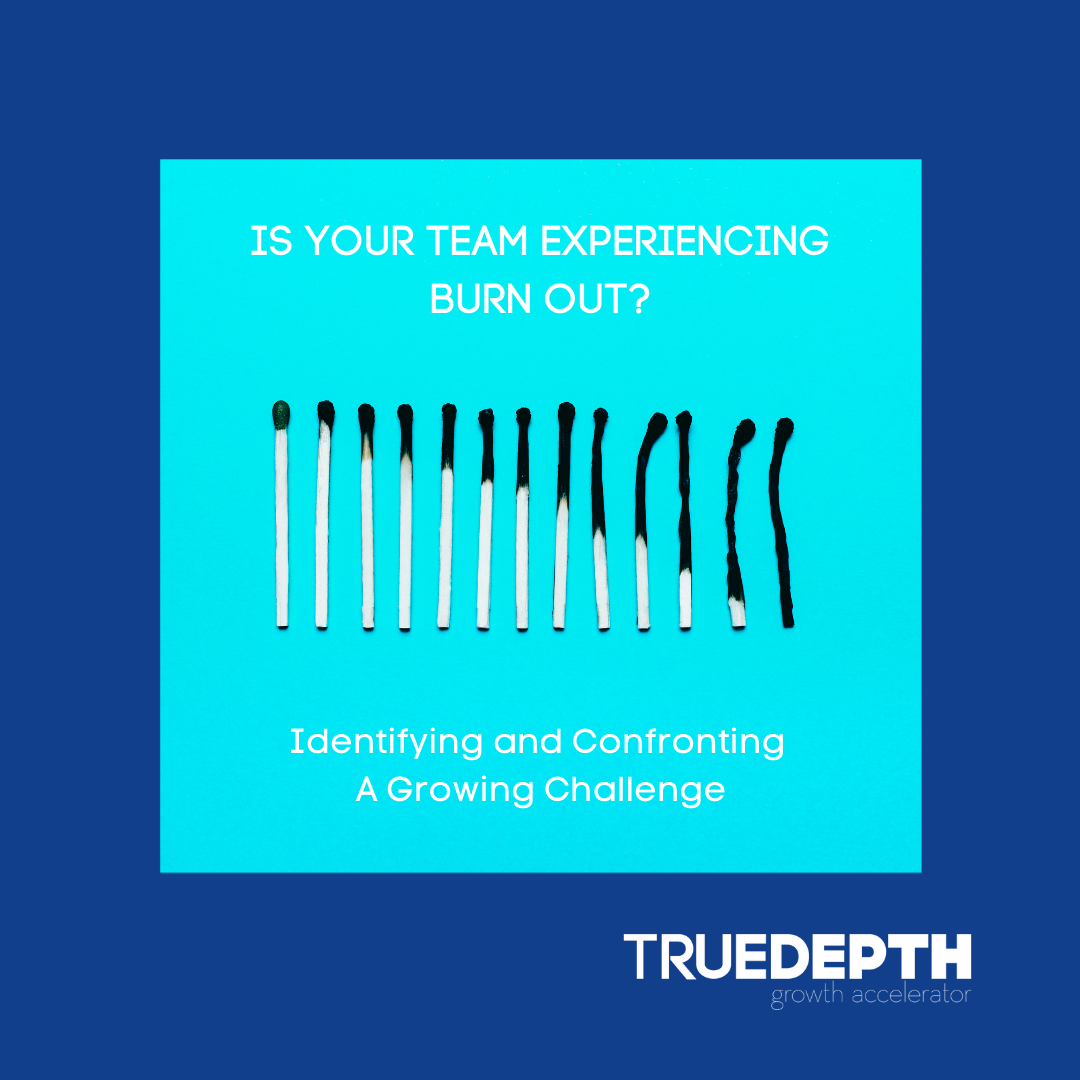Exhaustion. Sleeplessness. Depression. Anxiety. The emergence of unhealthy habits, behaviors, and addictions, combined with receding…
Beating Burnout in Your Workplace
Burnout Prevention and Company Culture
“It’s been a long day.”
 At some point, all of us have said this to our families, our spouses, our friends or ourselves—or all of the above. Usually it’s after having had an early morning at the office to catch up on what hadn’t been finished the day before, an effort unfortunately sidetracked by meetings, calls, emails, emergencies, last-minute requests that leave us with no choice but to resolve to come in a few minutes earlier tomorrow to catch up. For some, it’s an occasional occurrence; for others, it’s a rinse-and-repeat routine.
At some point, all of us have said this to our families, our spouses, our friends or ourselves—or all of the above. Usually it’s after having had an early morning at the office to catch up on what hadn’t been finished the day before, an effort unfortunately sidetracked by meetings, calls, emails, emergencies, last-minute requests that leave us with no choice but to resolve to come in a few minutes earlier tomorrow to catch up. For some, it’s an occasional occurrence; for others, it’s a rinse-and-repeat routine.
There’s a word for that, the syndrome of an endless series of “long days”: Burnout.
There are more than a few words for the variety of symptoms, syndromes, and consequences of burnout: Exhaustion, insomnia, impaired concentration, anxiety, depression, loss of appetite, constant fidgeting, and diminished immune response being among the most obvious ones. Less obvious, but more significantly: Shortened life expectancy. There are few more broadly shared beliefs in our culture than the American work ethic. From a young age, we are trained to believe that hard work and persistence are the key to success – and the goal is always to work a little harder and be a little more persistent than the next guy. That’s led to some spectacular achievements: Thomas Edison was legendary for his 100-hour workweeks. In his case, it led to the light bulb and the phonograph; in other instances, though, the product is cardiac arrest.
Perhaps the most insidious characteristic of burnout is that most don’t realize that they’re suffering from it. We’re talking about a slow-building, chronic condition whose effects mount over weeks, months, or years, until they have become a lifestyle. That’s when the question must be asked: Who’s responsible for stopping burnout in its tracks? As counterintuitive as it may seem, companies rather than employees have to lead this effort.
Today’s collaborative, competitive, always-on workplaces are great when it comes to getting things done; while they may be good at managing their human resources, they usually aren’t so good at conserving them. Employees are left to their own devices to manage time, reduce stress, and prevent personal burnout, usually without any effective resources or recourses to do so within the organization. Indeed, they are often powerless to fight back against corporate cultures in which overwork is not only the norm, but celebrated as a badge of honor.
While this might give a bump to quarterly margins, it’s ultimately lousy for business. Burnout has major costs to companies as well as employees. When avoidable damage is accruing to your most valuable asset, resulting in more sick time, disability claims, resignations, retirements and deaths, that diminishes both a company’s value and its ability to compete. If only for their own self-interest, companies need to take the drivers seat in preventing burnout before it takes a major toll. Developing tools and policies to reduce overwork, over-collaboration, and over-competition works in the best interest of employees and employers alike.
More and more, smart employers are recognizing the importance of battling burnout with the same commitment they devote to loss prevention or workplace injury prevention. Indeed, new businesses and movements are emerging to meet the growing demand for burnout-free business practices. My guess is that in coming years, business “common sense” will come to accept that there’s more to success than the bottom line alone—and that companies that cultivate healthy, balanced workplace cultures will emerge as the real winners in terms of employee loyalty, business efficiency, and market value. When they do, we’ll all be healthier and happier for it.



